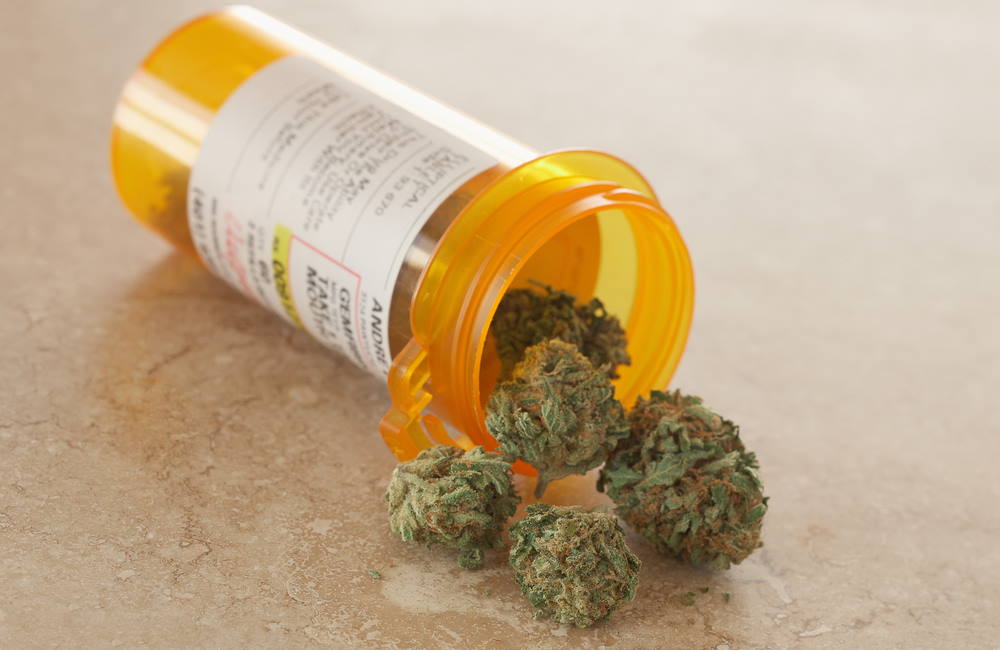Another Study Shows Where There’s Marijuana, There Are Less Opioids
A new study conducted by two law schools in the southeast has found that given the choice, many people will choose cannabis over opioids for pain relief. The study also found that doctors prescribe fewer opioids in areas where cannabis is legal for medical or recreational use.
The study, published in the Journal of Health Economics, comes from the University of Alabama Law School and Vanderbilt University Law School.
The scale of the study was massive. Researchers looked at data which included 1.5 billion opioid prescriptions between 2011 and 2018. They found cannabis legalization had these major impacts:
- Recreational cannabis legalization reduced the number of “morphine milligram equivalents” prescribed each year by 11.8%
- Medical marijuana legalization reduced the same prescriptions by 4.2%
- Marijuana legalization reduced the total day’s supply of opioids prescribed
- Marijuana legalization also reduced the total number of patients receiving opioids
The study’s researchers write: “The evidence presented here suggests that cannabis access laws could be a useful tool in combating the prescription opioid epidemic.”
Why An Alternative Is Needed
Opioid addiction is now considered an epidemic by the Centers for Disease Control and Prevention. In 2017, more than 70,000 people died from a drug overdose in the United States, according to numbers provided by the CDC. That makes it the leading cause of injury-related deaths in the United States. Of those, 68% involved a prescription or illicit opioid.
That’s why the study is significant. Among the study’s findings is the fact that in the five medical specialties where opioid prescriptions are highest, prescriptions fell 28% in states with legal adult-use marijuana. In states with only legal medical marijuana, they fell 7%.
Findings Mirror Other Studies
More research has emerged in the past two years that focuses on the use of cannabis for pain management and as a possible replacement for opioids. Those studies also have shown a drop in the use of prescription opioids in areas where marijuana is legal.
For example, a study of seniors living in Colorado found increases in the number of older people using marijuana for arthritis, chronic back pain, anxiety and depression. The study found that marijuana use was more likely for those who had previously used opioids, suggesting they were replacing one pain management drug for another.
Earlier studies by researchers from the University of Georgia and University of Kentucky also saw a decrease in opioid use where cannabis was legal.
The recent study from the law schools determined that “on balance for the population generally both recreational and medical cannabis access laws decrease opioid use.” They added that legalization laws “may be a valid policy option for combating the ongoing opioid epidemic, even if these laws were not originally conceived for that purpose.”




